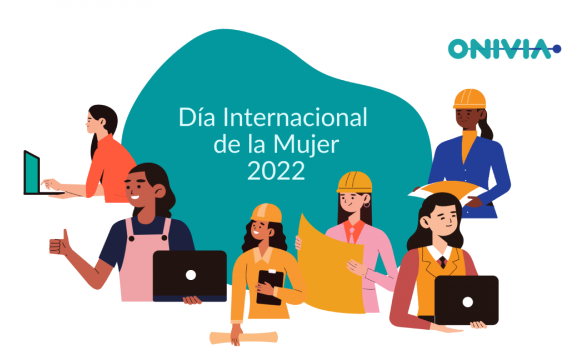What can we do to increase the number of women in STEM careers?

Did you know that only 35% of enrollments in STEM careers are female? The number of women studying or working in technical careers is low compared to the percentage of men. According to UNESCO, of this 35%, only 3% choose to study in the field of information and communication technologies (ICT). A striking fact when it is estimated that the future of employment depends on this type of profile.
But do we know the reasons for this scenario and can we do something about it?
Latest data within the EU
In 2018, around 3.5 million people were working as ICT professionals in the European Union. Employment in this occupation grew by over 29%, between 2006 and 2018. And this figure has been increasing, year on year, due to market demands. According to the latest data from INE’s Labour Force Survey (EPA), they reveal that ICT employment has grown at a cumulative rate of 18.3% over the past year.
The future is so digital that, to mitigate the effects of the pandemic, the European Union has earmarked European funds to promote these fields among member countries. One of the requirements is that 20% of this aid for reconstruction must be dedicated to digitalization. Spain plans to allocate 33%.
In fact, the demand for this type of profiles will be increasing according to forecasts. In 2019, 36.2% of the job offers were destined to technical profiles. And, experts point out that STEM-related professions will grow by 20% in the next decade.
However, despite all this data, technical careers are running out of students. In our country, between 2013 and 2017, STEM enrollments fell 6.1%. Compared to other European Union countries, demand is five percentage points below the average, 7.1 points less than the United Kingdom and 14.1 points behind Germany.
In addition, STEM courses have high overall gross dropout rates, ranging from 37.4% to 49.9%, depending on the different degrees. This is a cause for concern and is accentuated in the case of women.
Technical careers in Spain
According to data from the Ministry of Education, only one in four enrolled in technical careers in Spain are women. The report “Data and Figures of the Spanish University System, 2019-2020” points out that the top positions, in terms of female enrollment, are occupied by:
- Health Sciences
- Arts and Humanities
- Social and Legal Sciences
However, if we look at technical careers, we find that, for example, Engineering and Architecture reduces the female presence to 24.8% (compared to percentages that are close to 70% in the previous degrees).
If we analyze the field of research, we find equally alarming data. In Spain, the number of female university professors and research professors is less than 25%, according to CSIC figures.
The only way to reverse this trend is to promote initiatives that highlight the role of women in science and thus attract female talent to STEM.
Projects to promote STEM among women
From Onivia we have participated in the initiative developed by the DigitalES association, in collaboration with the Women and Engineering project of the Royal Academy of Engineering, to help awaken the scientific and technological vocations of young women in Spain: Generation A.
What is GENERATION A about?
In this context, the “Generation A” campaign has been launched: an initiative in which 44 STEM professionals star in videos aimed at girls from the age of 12. In them, they tell why they chose a technical career, what their professional experience has been or what their day-to-day life is like. Finally, each of these professionals shares a final piece of advice.
The nearly fifty women participating in this campaign are currently working in two companies in the technology sector in Spain. Through this initiative, these women seek to guide or serve as references for those young women who have the skills to be great STEM professionals in the future.


